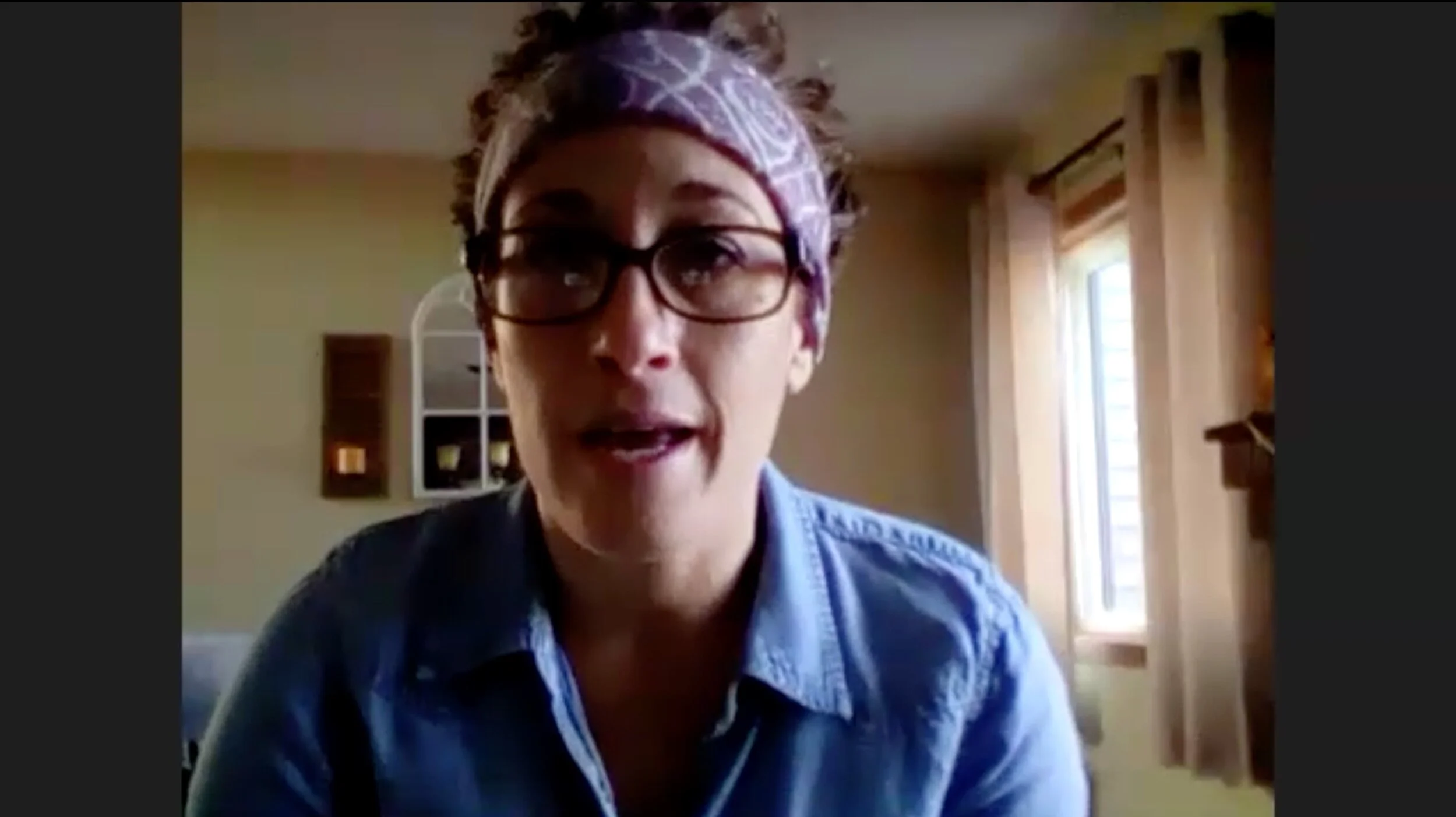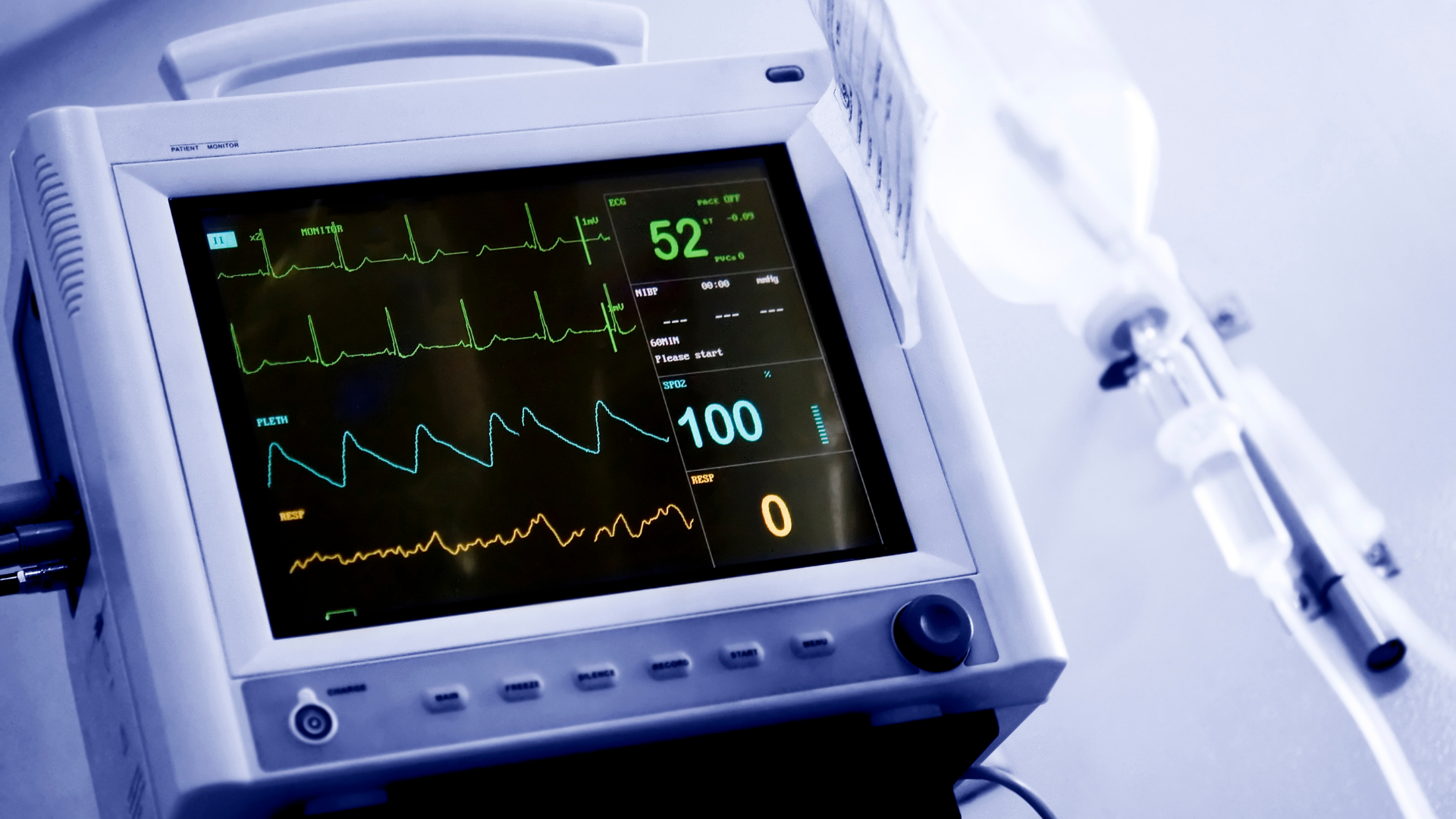Mayo ICU workers: 'We are seeing the ugly side of this virus'
Amy Spitzner, a critical care nurse inside Mayo Clinic’s Covid medical ICU, said the early days of the pandemic were hit or miss from a patient-load standpoint. There were a handful of patients that came through their doors each week, but capacity in the MICU was never truly strained.
Until November, that is, when new Covid-19 cases blew past previous records and brought Mayo Clinic’s Covid unit to full capacity. For the past month, says Spitzner, her unit has been in a state of constant commotion — something she is dealing with for the first time.
“This is a time that I’ve never experienced before in my life, where you can walk out of one room and the next patient is critical,” said Spitzner. “I’ve never seen it like this, and I hope the surge ends soon and that we never have to deal with this again.”
Spitzner was one of two workers inside the Clinic’s Covid unit to share their experiences Tuesday afternoon, as Rochester continues to deal with its most severe Covid-19 outbreak to date. The most recent spike, they say, has shown the toll the virus can take on a community — a toll that Rochester largely avoided early on in the pandemic.
“We are seeing the ugly side of this virus,” said Desirae Cogswell, a respiratory therapist at the Clinic who currently works in the MICU. “I’m thankful that not a lot of people are seeing the side that we’re seeing.”
Particularly because of their close-contact exposures — long hours and draining shifts notwithstanding — both Spitzner and Cogswell say they had to forego Thanksgiving plans and are likely to cancel any end-of-year holiday plans. In the lack of holiday gatherings, they say, the best gathering place has been their workplace — and they have become a stand-in family of their own.
“I miss my niece and nephews and my parents, of course,” said Spitzner. “I’ve had to take comfort in the fact that I am doing good for my patients, and as of now I am their family. We’re doing whatever we can to support our patients and our co-workers.”
The Next Spike
With rates of new cases hovering around 100 and percent-positive rates sitting just below 10 percent, Mayo officials say the situation surrounding Covid-19 is “stabilizing” — but it is not likely to stay that way for long.
Dr. Amy Williams, executive dean of the Mayo Clinic practice, said staff absences have slightly decreased from previous weeks, allowing the Clinic to expand its elective surgery capacity back to near 90 percent — up from 70 percent two weeks ago.
This trend should be taken with a large grain of salt, however; new daily cases are not yet on a downward trend, and Dr. Williams says it is likely that the Rochester area will head back into another upward swing in the coming weeks thanks to Thanksgiving-related gatherings.
“It takes three, five, sometimes even ten days to show symptoms,” said Dr. Williams. “So it’s not only the individuals that got infected over Thanksgiving, it is also who they infect after that. So we expect this to last two to three weeks, this next surge.”
In preparation for the upcoming spike, Dr. Williams says Mayo will have to shift staff from other areas to handle Covid patients — meaning another decline in elective surgery capacity could be in the cards for mid-December. Dr. Williams also noted the Clinic would look into possible ways to expand its ICU capacity in time to handle a mid-December spike.
The First Vaccinations
For many in our society, the first rays of hope came down with news of two highly effective vaccines in November. One vaccine, developed by pharmaceutical giant Pfizer, could be authorized for emergency use as soon as next Thursday.
(Note that both major vaccines seeking FDA authorization are two-dose vaccines, meaning anybody who receives their first dose in December will not be able to finish their immunization until January.)
Dr. Williams said Mayo was actively preparing to receive the vaccine, securing space inside its super-cooled freezers to safely store Pfizer’s doses at -70 degrees Celsius. She added that it was likely the first recipients of the vaccine will be people like Spitzner and Cogswell, on the front lines of the fight against Covid.
“Depending on the tiering of who qualifies for the vaccine, that we get from the state and federal governments, we will notify those people,” said Dr. Williams. “We are assuming it will be those health care workers who are in direct contact with Covid-19 infected patients.”
Isaac Jahns is a Rochester native and a 2019 graduate of the Missouri School of Journalism. He reports on politics, business and music for Med City Beat.
Cover photo: screenshot / Desirae Cogswell








